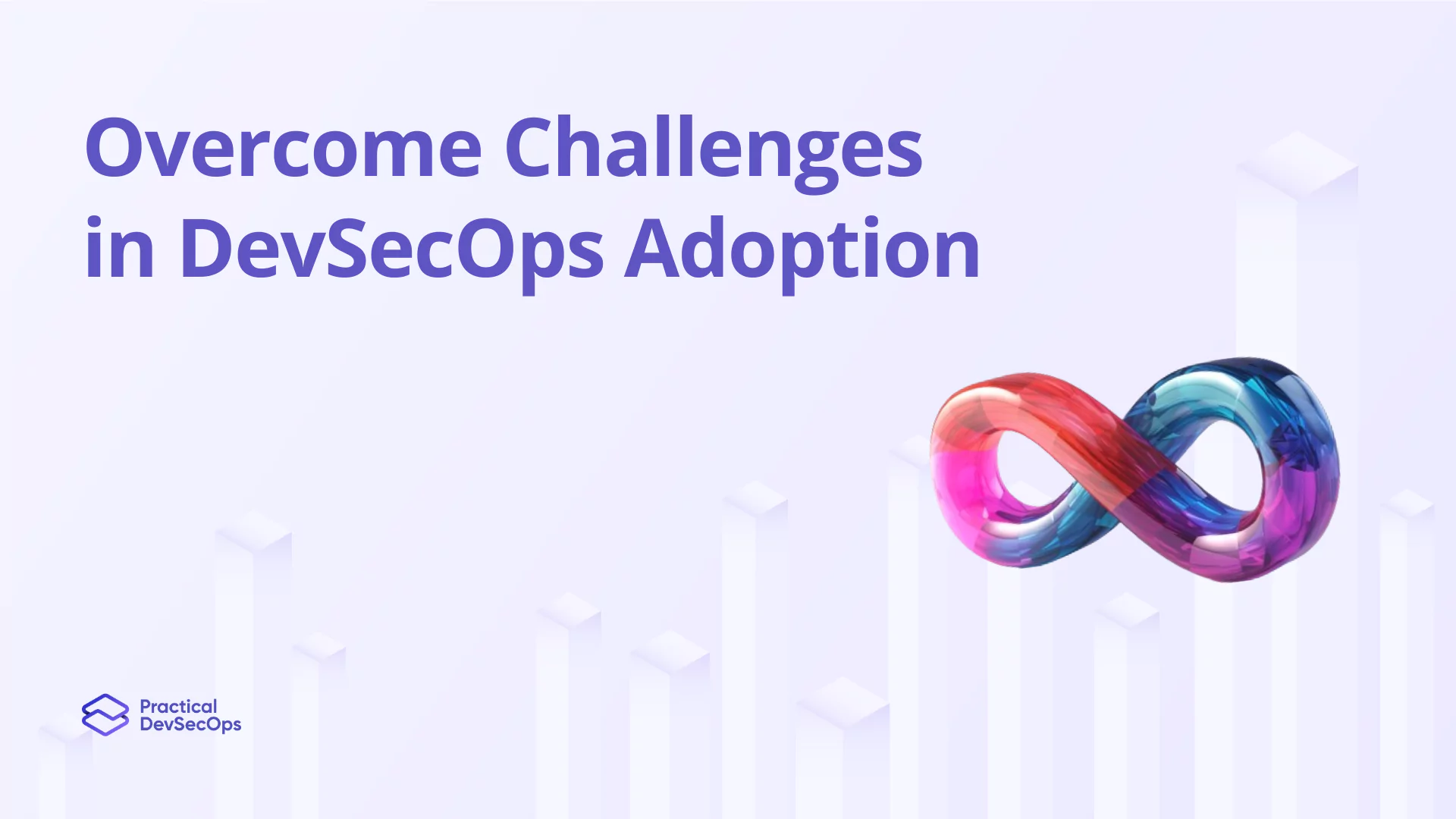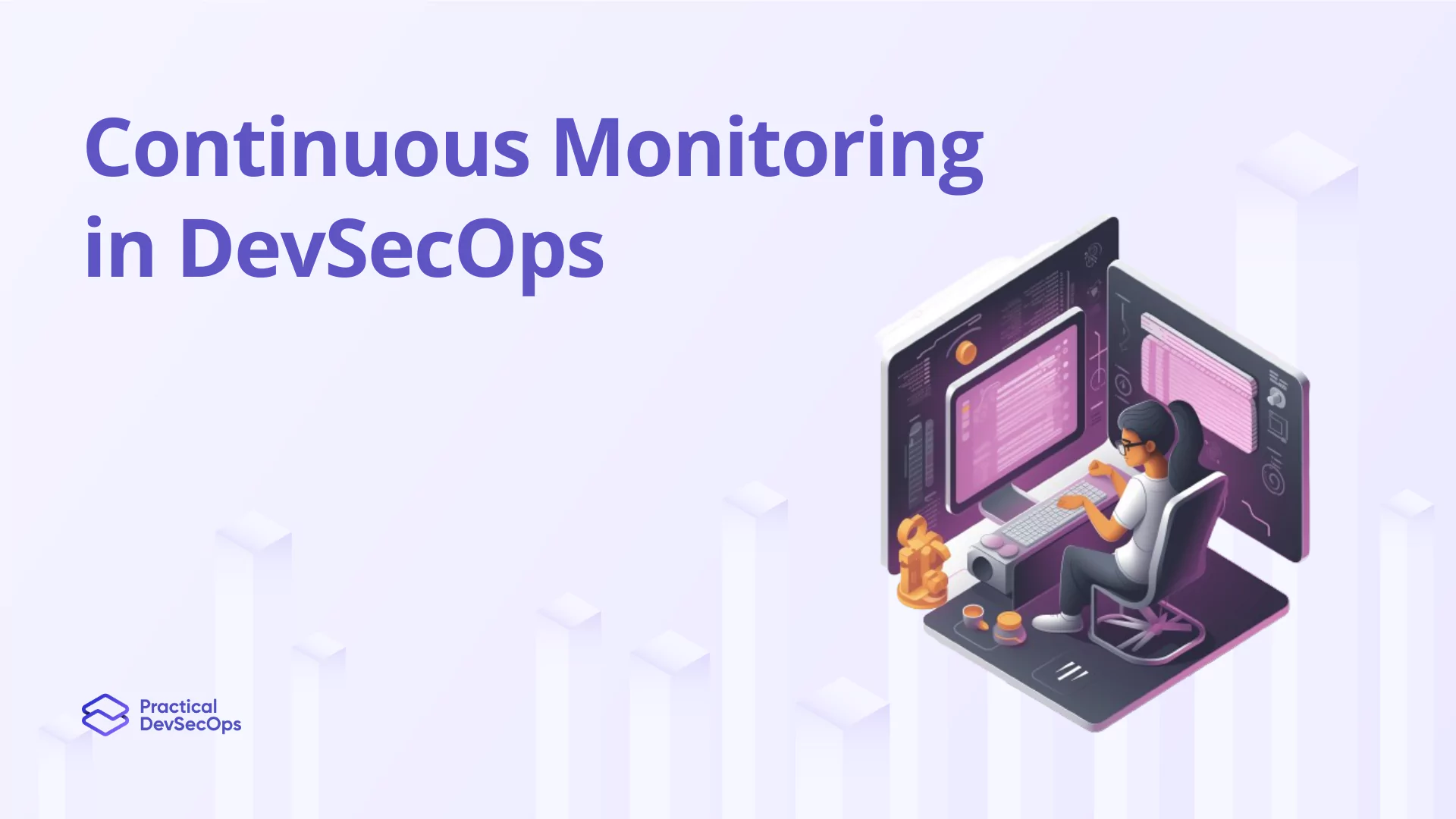Kubernetes might be the hottest container orchestration platform around, but its power comes with a responsibility to keep things locked down tighter than Fort Knox. That’s where DevSecOps, the unholy matrimony of development, security, and operations, swoops in like a caped crusader. But with so many tools out there, it’s enough to make a seasoned pro scratch their head. Worry not, because I’ve compiled the top 5 DevSecOps tools for Kubernetes that’ll turn you into a cluster-securing superhero.
StackRox
Imagine a security forcefield for your entire Kubernetes ecosystem. That’s StackRox in a nutshell. It goes beyond basic scanning to offer:
- Runtime Security: Continuously monitors your clusters for suspicious activity and potential threats, like malware or unauthorized access.
- Compliance Assurance: Provides real-time insights into your compliance posture, making it easy to stay ahead of the curve.
- Threat Detection: Proactively identifies and responds to advanced threats before they wreak havoc.
Think of it as the ultimate guardian angel for your Kubernetes deployments.
Devtron:
Security shouldn’t slow down your DevOps flow, right? Devtron gets that. It integrates seamlessly into your CI/CD pipeline, letting you:
- Shift Security Left: Bake security checks into your early development stages, catching vulnerabilities before they even reach production.
- Automate Remediation: No more manual patching! Devtron automates fixes for identified vulnerabilities, keeping your clusters squeaky clean.
- Continuous Monitoring: Keeps a watchful eye on your deployments, providing real-time feedback and insights.
Devtron is the perfect sidekick for busy DevOps teams who want to secure their Kubernetes environments without sacrificing speed.
Also Read, Why Kubernetes Vulnerability Scanning is Important and How Does it Work
OWASP Kubernetes Security and Compliance Tool (WIP):
Think of this one as the Swiss Army knife of Kubernetes security. It’s still under development, but it packs a punch with features like:
- Vulnerability Scanning: Scans container images and Kubernetes resources for nasty vulnerabilities hiding in the shadows.
- Misconfiguration Detection: Identifies insecure configurations that could leave your cluster wide open.
- Compliance Checks: Ensures your setup adheres to industry standards and regulations like CIS Kubernetes Benchmark.
Bonus points: It’s open-source and community-driven, making it perfect for tinkerers and budget-conscious heroes.
Also Read, Best Tools for Kubernetes Security
Snyk
This open-source champion focuses on container security. Snyk brings the power of:
- Vulnerability Scanning: Scans your container images for known vulnerabilities, even before they’re deployed.
- Software Composition Analysis: Uncovers hidden vulnerabilities lurking within your dependencies, even for third-party code.
- Continuous Integration Integration: Plugs seamlessly into your CI/CD pipeline, making security an inherent part of your development process.
Snyk is like the X-ray of the container world, letting you see through vulnerabilities before they become problems.
Also Read, Kubernetes Security Best Practices
Also Read, How to Start Learning DevSecOps
Checkov
Infrastructure as code (IaC) is the building block of your Kubernetes world. Checkov ensures you’re building on a secure foundation with:
- Static Code Analysis: Scans your IaC templates for misconfigurations and security issues before they manifest in your live environment.
- Compliance Checks: Helps you adhere to security best practices and industry standards.
- Multi-Cloud Support: Works across the major cloud providers, keeping your hybrid or multi-cloud setups secure.
Checkov is your IaC security buddy, making sure your Kubernetes foundation is rock-solid before you even start building.
Also Read, DevSecOps Best Practices
Also Read, Best DevSecOps Tools
Conclusion
Remember, DevSecOps is a journey, not a destination. Experiment with these tools, find the ones that best suit your needs, and keep your Kubernetes clusters safe from even the most cunning attackers. Now go forth, fellow security geeks, and make your clusters the Fort Knox of the digital world!
P.S. Share your favorite Kubernetes security tools and tips in the comments below! Let’s build a fortress of knowledge together.
Get Free E-books on Kubernetes Security 101
Interested in Kubernetes Security Hands-on Training?
You can get trained in Kubernetes security by enrolling in our Cloud-Native Security Expert (CCNSE) course, which provides hands-on training in important concepts of Kubernetes security, such as:
Hacking Kubernetes Cluster, Kubernetes Authentication and Authorization, Kubernetes Admission Controllers, Kubernetes Data Security, Kubernetes Network Security, Defending Kubernetes Cluster.
Interested in DevSecOps Upskilling?
Practical DevSecOps offers an excellent Certified DevSecOps Professional (CDP) course with hands-on training through browser-based labs, 24/7 instructor support, and the best learning resources to upskill in DevSecOps skills.
Start your team’s journey mastering DevSecOps today with Practical DevSecOps!






0 Comments